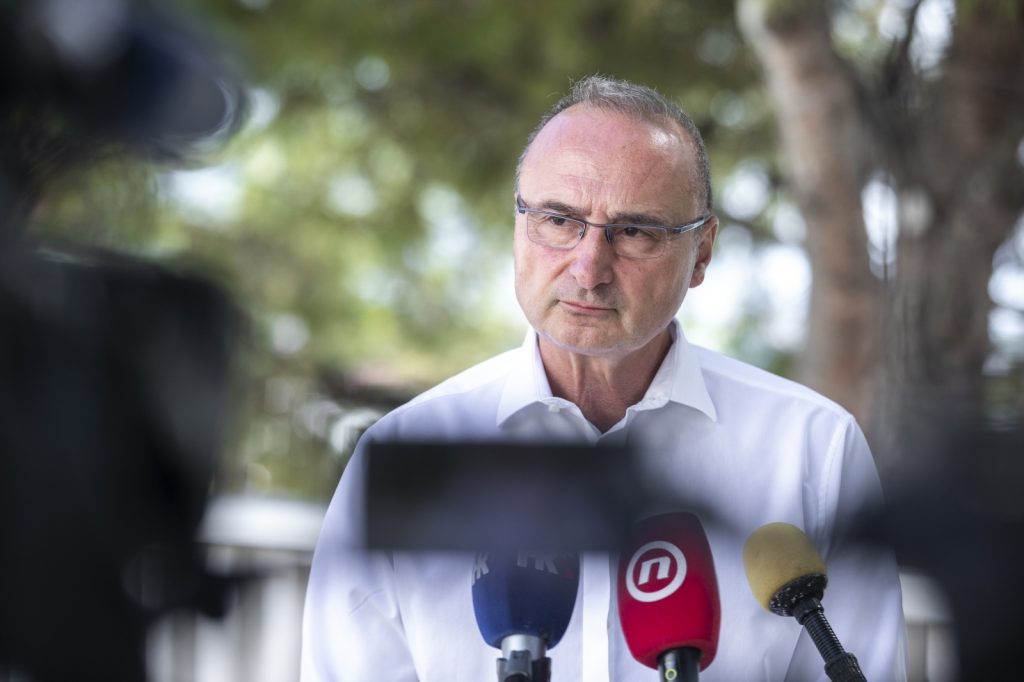The European External Action Service (EEAS) has called on the EU member-states to take in EU staff from Afghanistan, that is, about 500 local residents who worked as interpreters and logistic support providers and their family members.
Grlić Radman said that 20 would be allocated to Croatia.
“They provided support to our (NATO-led) forces and it is our duty to protect them,” he said.
They were vetted and tested for employment (in EU institutions), they are highly educated. They are not irregular, undocumented migrants but persons known to our institutions, the minister added.
After the Taliban rapidly took control over the whole of Afghanistan immediately upon the withdrawal of NATO troops, many countries are now trying to pull out their diplomats and Afghans who worked for their embassies in that Asian country.
Until Tuesday, all the 26 Croatians who had been in Afghanistan were evacuated, and the minister today thanked the Ukrainian, U.S., British and German authorities for assistance in their evacuation.
Croatia to follow EU policy on the Taliban
Grlić Radman, who attended an informal online meeting of EU foreign ministers on Tuesday, said that he had emphasized the importance of protecting human rights, primarily the rights of women and girls, as well as the safety of all EU citizens and local staff that used to work for the EU Delegation, so they would not be the targets of Taliban retaliation.
After nearly 20 years, the transformation of Afghan society has failed, he said.
He recalled that Croatia had participated in 70 bilateral projects, including the establishment of a school for midwives in Afghanistan.
That contribution should not go unnoticed, he said.
The minister told the press that Zagreb would follow the agreement of EU member-states on the topic of international recognition of the new regime in Kabul.
Tuesday’s informal meeting also focused on a possible new migrant tide after the establishment of the Taliban rule in Afghanistan.
In order to prevent a new wave of migrants, it is important to have communication with the Taliban, with third countries and Afghanistan’s neighbors that are expected to share the burden of a possible migrant wave, the minister said.
“If the Taliban show and prove that they are ready to respect the rule of law and human rights, it will definitely be an opportunity to establish cooperation,” said Grlić Radman.
He added that Croatia did not want a recurrence of the situation in 2015 and 2016.
For more about politics in Croatia, follow TCN’s dedicated page.











